Information to help refine the housing and husbandry of the laboratory dog.
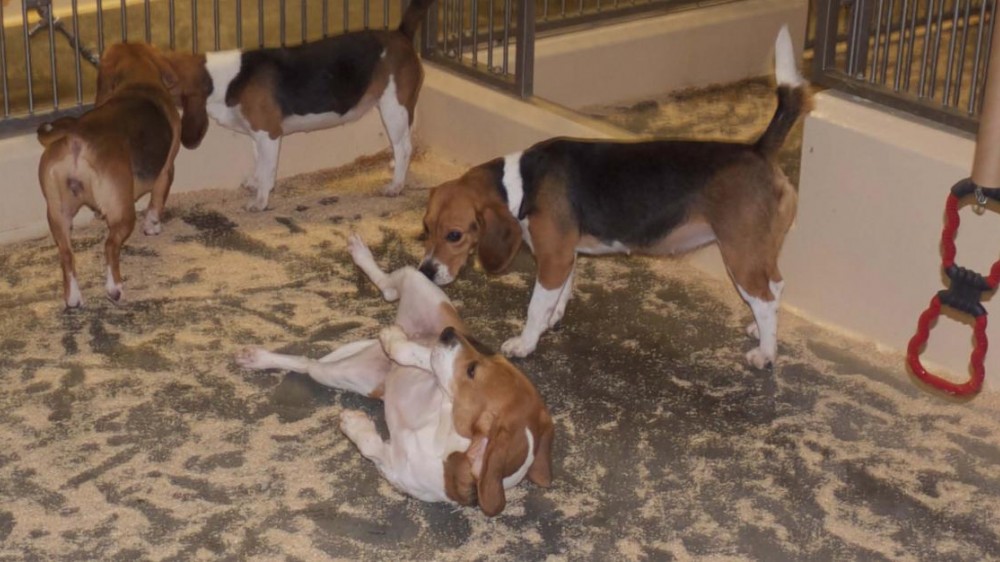
Information to help refine the housing and husbandry of the laboratory dog.

Information and resources on malocclusion in mice to improve welfare within a research setting.
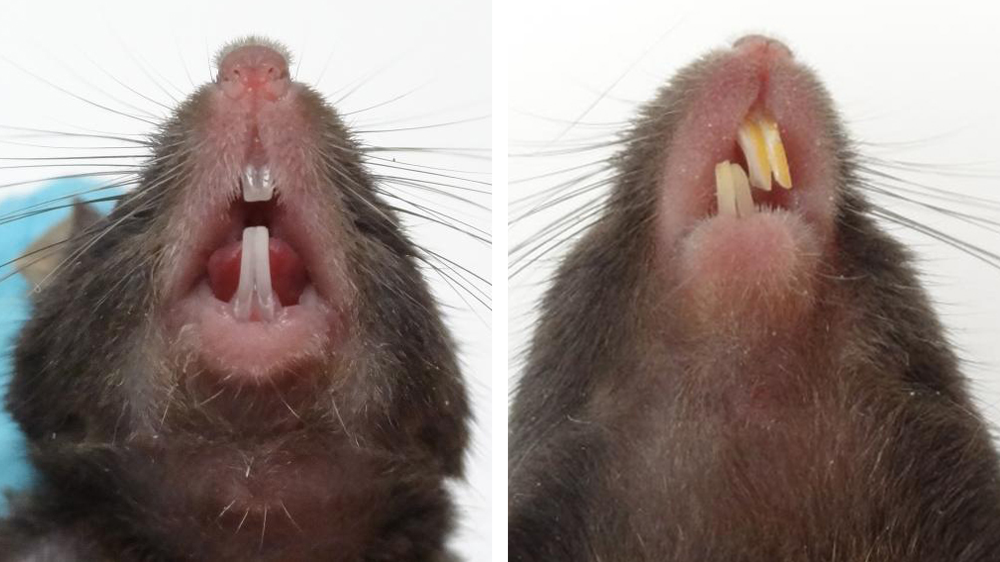
A video to be used for training and education, to improve mouse welfare within a research setting.
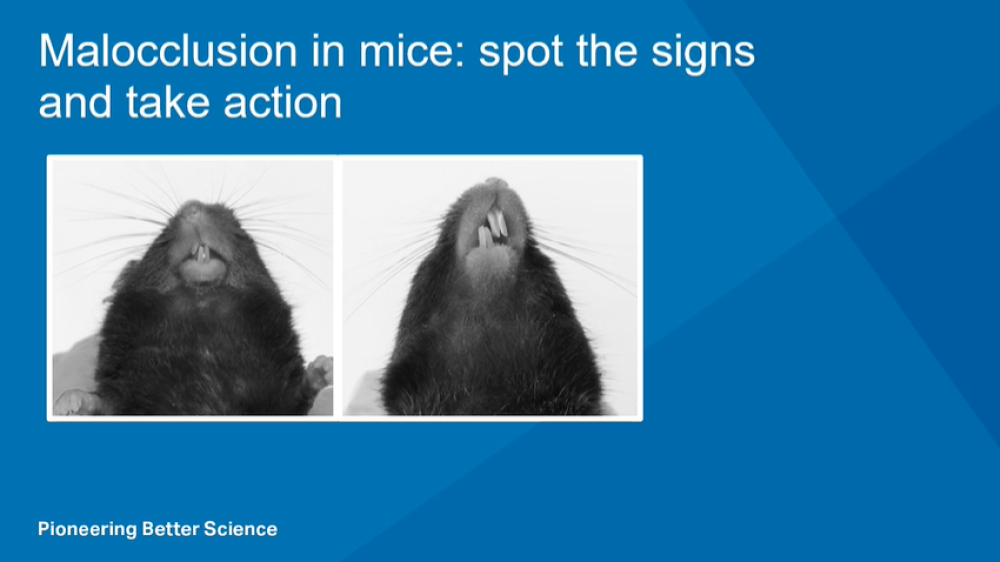
A video resource for introductory training on the 3Rs aimed at in vivo researchers and animal technicians.
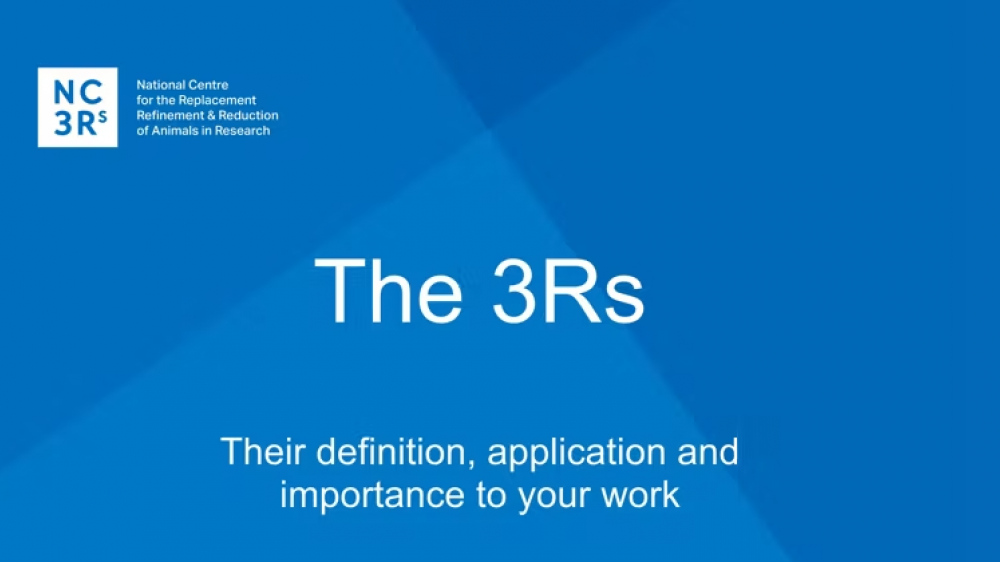
Resources on rat tickling and how it can be used to promote positive human-animal interactions.
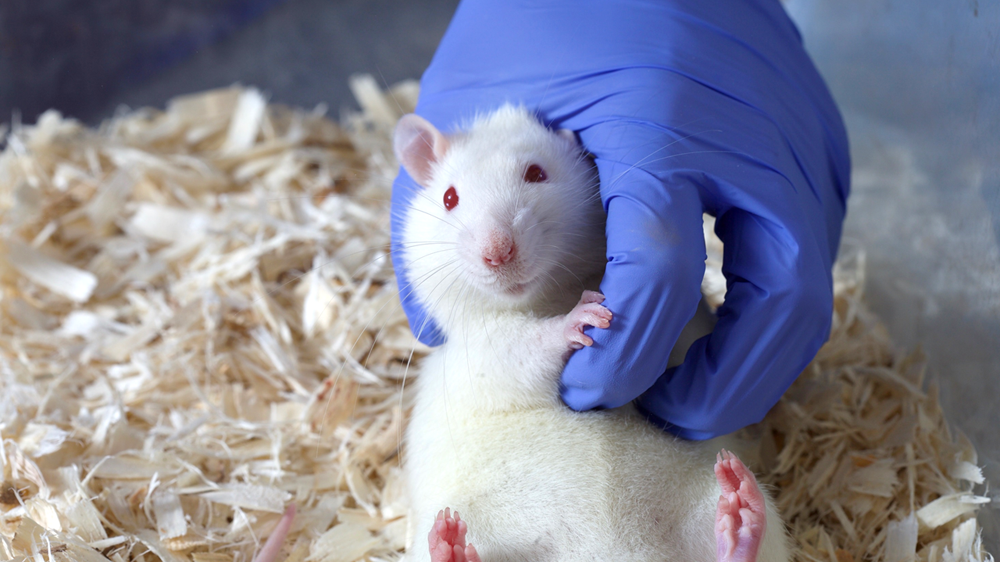
An online course created allowing you to become certified in the correct rat tickling technique.
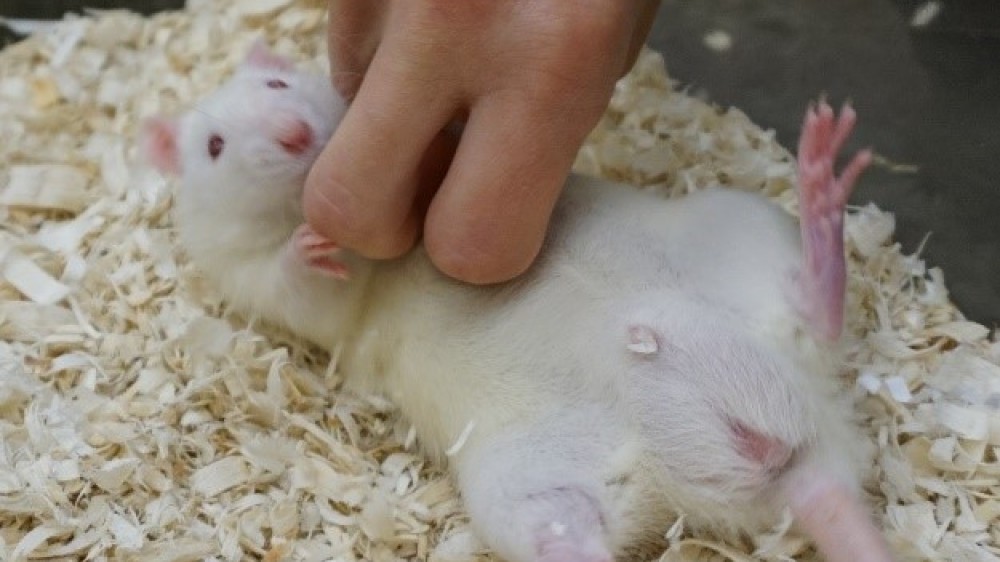
Information to help refine the housing and husbandry of the laboratory ferret.
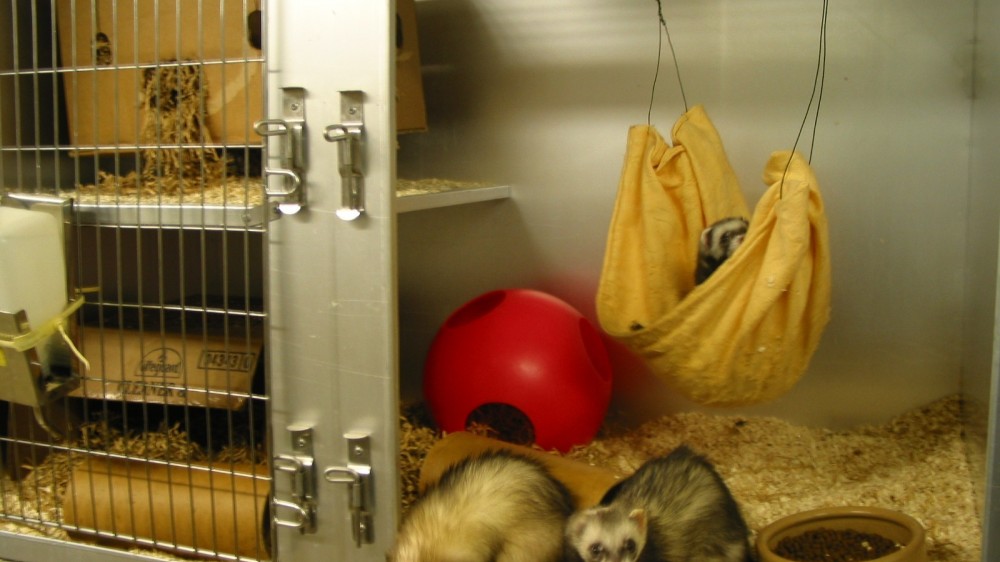
Information to help refine the housing and husbandry of the laboratory gerbil.
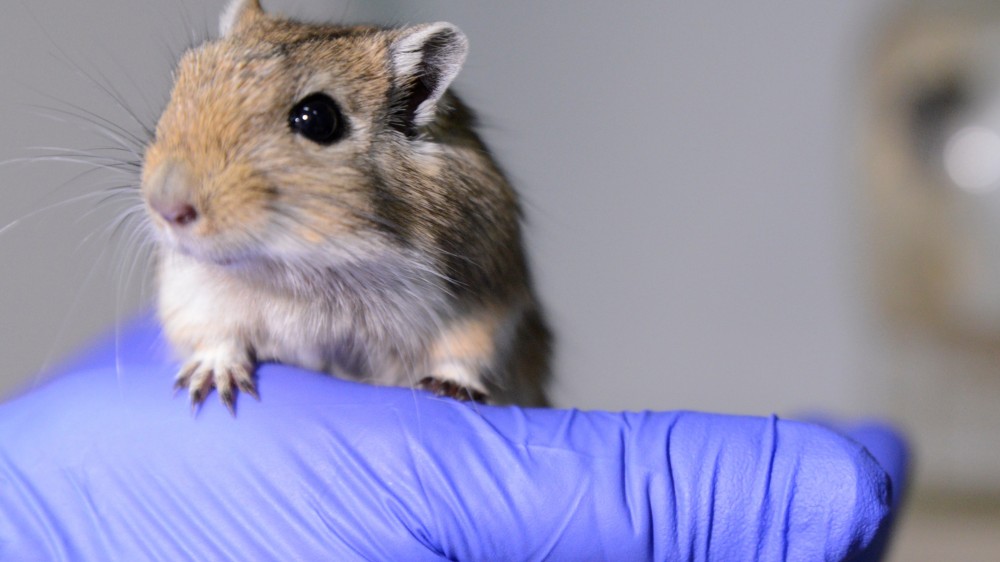
An introduction to assessing the welfare impact of new enrichment.
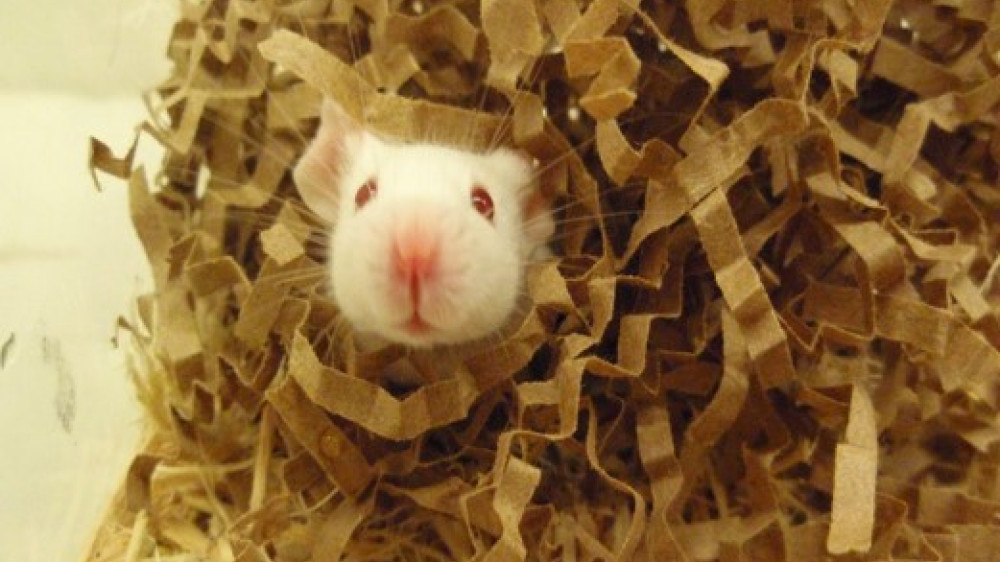
The importance of choosing the appropriate type of enrichment, including examples for rodents and zebrafish.
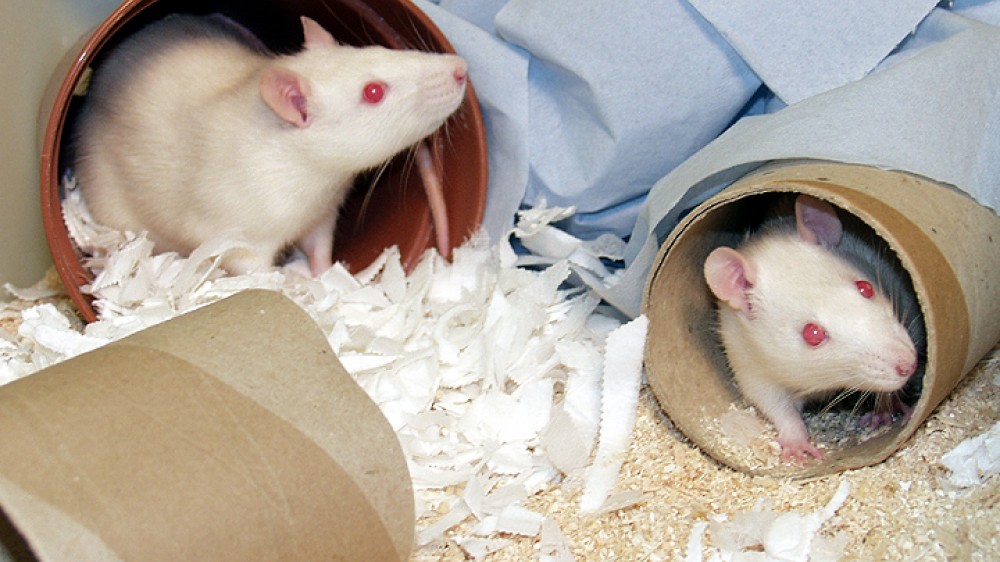
Questions to help you plan your study before it commences.
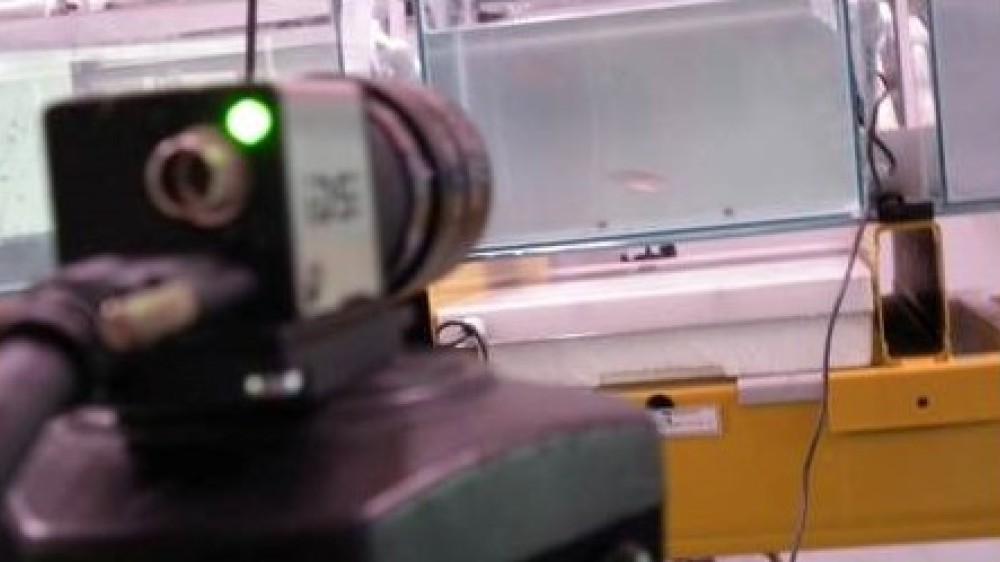
Using ethograms, preference tests and motivation tests to evaluate enrichment, including example protocols.
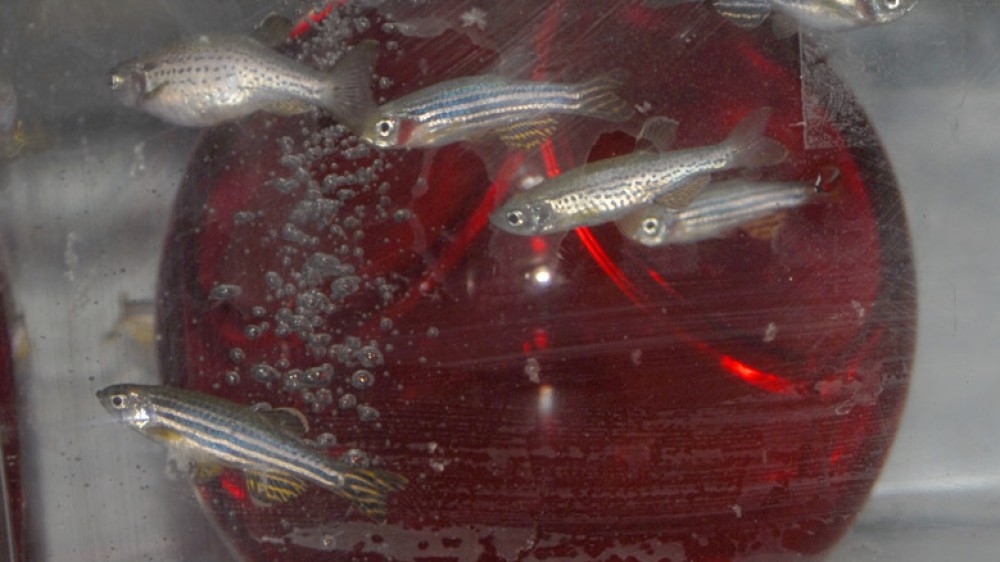
Minimising the influence of bias and understanding the limitations of an evaluation.
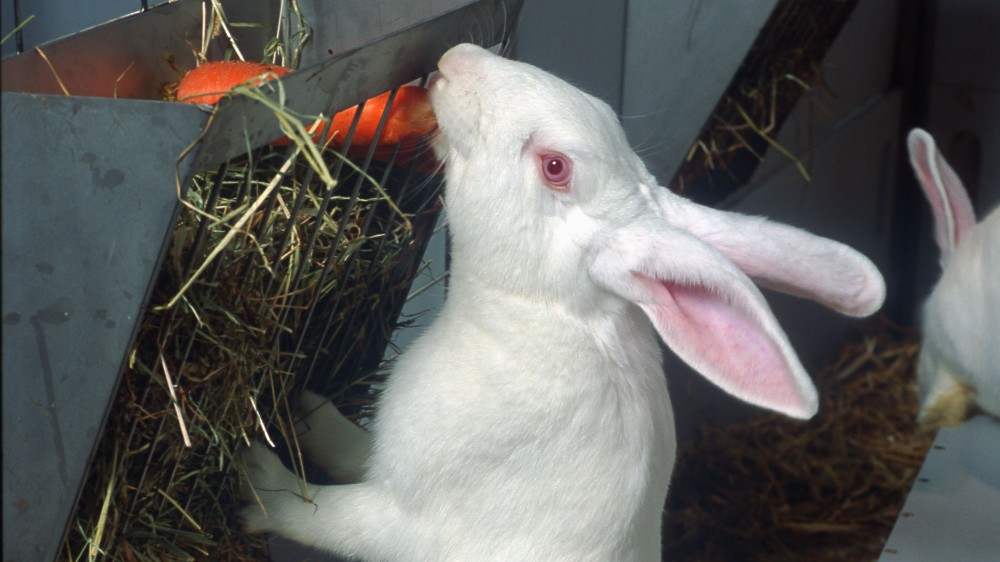
Using what you have learned to benefit the animals in your care and disseminating your findings.
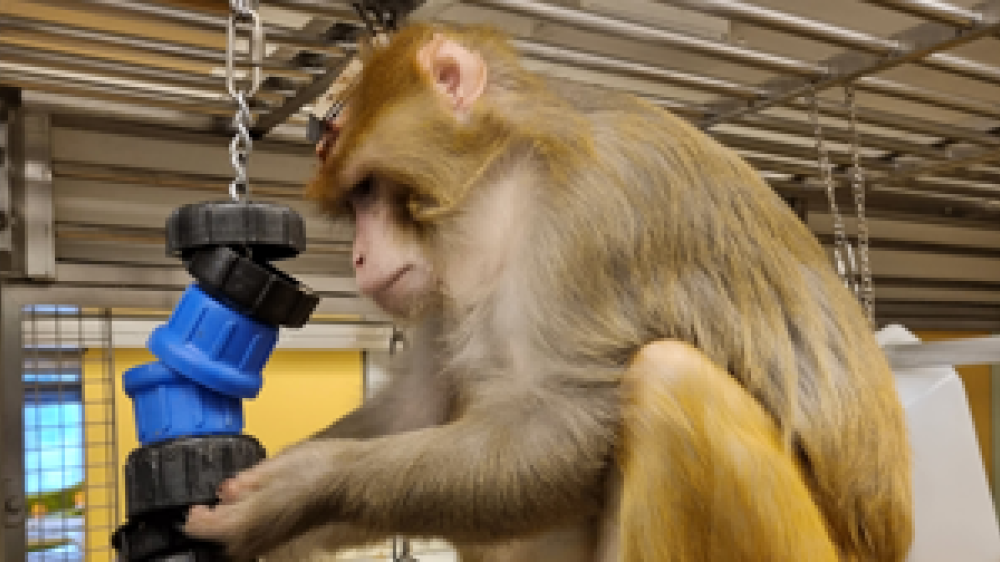
Frequently asked questions about determining whether your enrichment protocol is appropriate and effective.
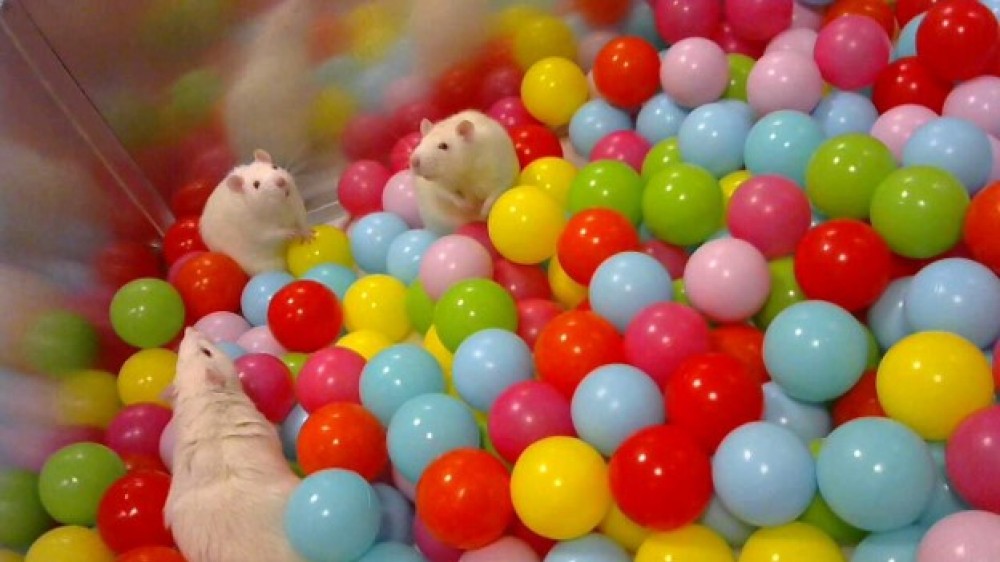
A webinar presenting the welfare benefits of playpens for laboratory rats and how to implement them in your facility.
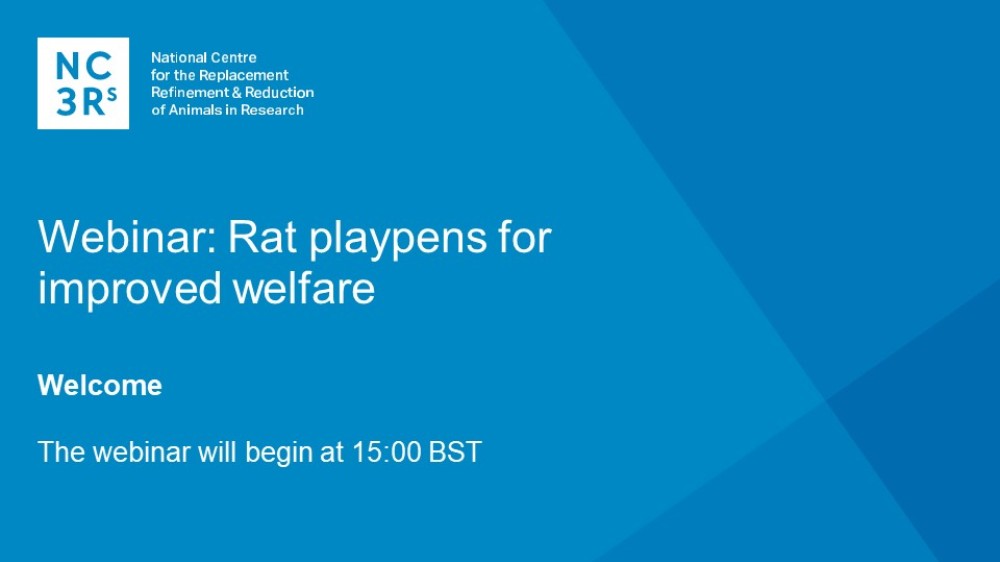
10 years of CRACK IT webinar: The Home Cage Analyser, which provides continuous monitoring of group-housed rodents.

Ways to prevent and manage aggression in laboratory animals, with specific advice for a range of mammalian species.
Dr Megan LaFollette (NA3RsC) presents rat tickling as a positive handling technique and provides guidance on putting it into practice.
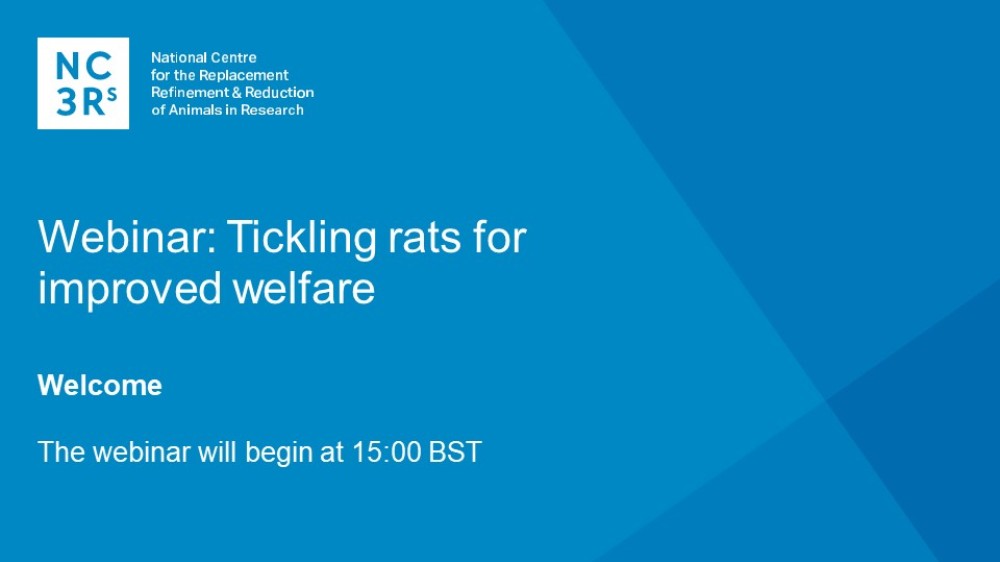
Guidance on the transport of laboratory animals, including non-human primates.
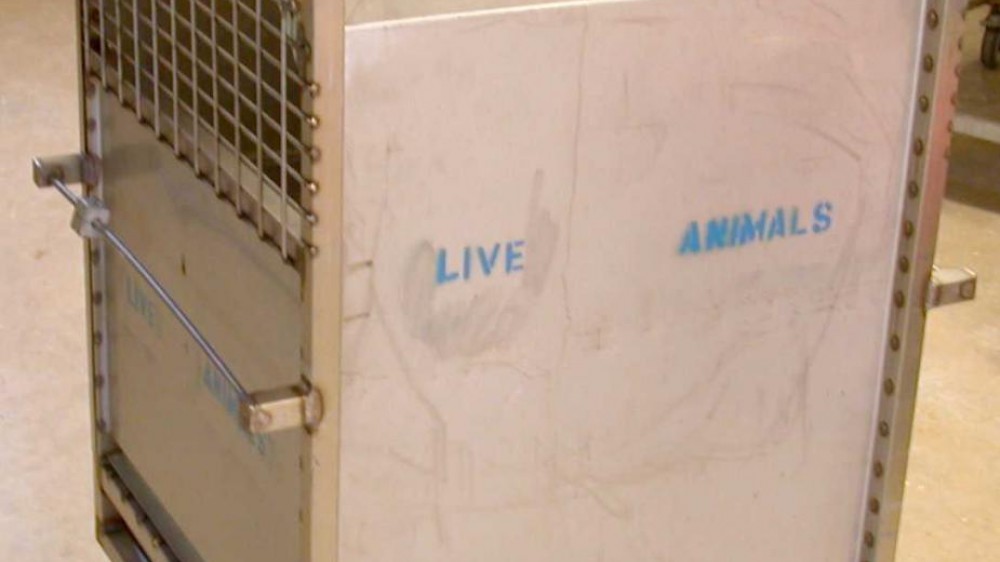
Specifically around re-starting breeding and animal experiments after a pause (e.g. work with mice after the COVID-19 lockdown).

Definition of key terms used in breeding and colony management.
Intermittent breeding should be used instead of constant mating to avoid unnecessary wastage of animals, whilst retaining the ability to breed an
A dedicated website with resources for everyone who works with, or is interested in, laboratory macaques.
